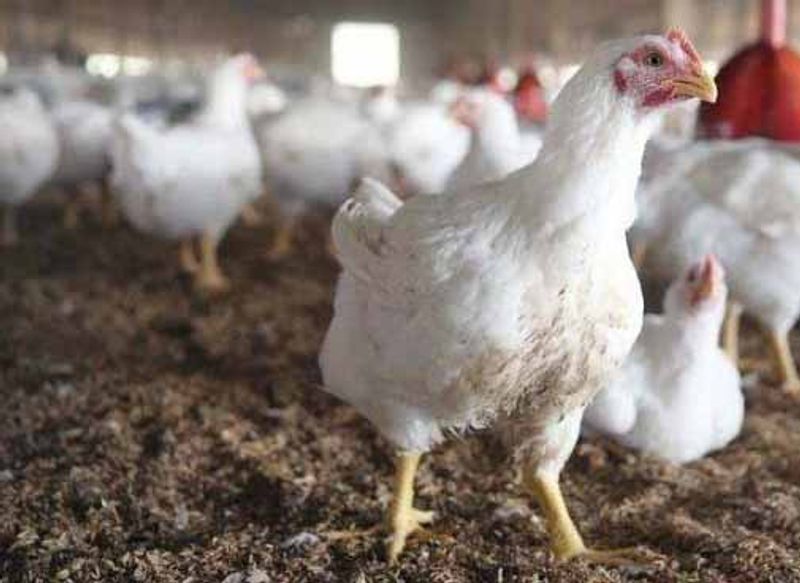

Confined Poultry farming is an industry that emits huge amounts of greenhouse gasses
The Global North’s factory farms are responsible for US$ 8.65 billion worth of damage across recent disasters in Africa, Asia and South America.
A research study by the World Animal Protection shows how cruel factory farming contributes at least 11% of the global greenhouse gasses fuelling climate change.
The study entitled: “How Factory Farming Emissions are Worsening Climate Disasters in the Global South” also details how intensive animal agriculture is impacting small-holder farming, which contributes to the livelihoods and food security of 1.7 billion people.
Factory farming means intensive farming practices that do not acknowledge the sentience and welfare of animals, and where negative animal welfare, environmental and labour impacts are significant yet not factored into the costs of production.
This business model is characterized by concentrated and highly corporatized management, a focus on production efficiency and process control.
Meanwhile Factory farming continues to expand around the world in response to urbanisation, a growing population and growing demand for meat – but this growth comes with significant costs: to climate, environment, health and to billions of animals caught up in cruel factory farms.
For instance, Factory farming releases vast quantities of Greenhouse Gas Emissions across the supply chain – it is very energy intensive, relies on significant quantities of fossil fuel-based fertilizers and drives deforestation, compromising a vital carbon sink.
The spread of factory farming to the Global South (mostly poorer countries especially in Africa) also threatens traditional pastoral, agroecological and smallholder livestock systems that support the livelihoods of about 1.7 billion poor people.
Now the report by the World Animal Protection further shows that by 2050, the economic costs associated with climate driven disasters globally could exceed 1 trillion US Dollars annually as the impacts of climate change intensify with factory farms liable for over 100 billion US dollars of that cost.
A resource-intensive business, factory farming releases a large proportion of greenhouse gasses into the atmosphere, worsening heat waves, wildfires, floods and droughts which adversely impact the smallholder farmers in the African and Asian countries.
To address their significant culpability in climate change, World Animal Protection is calling for governments to impose a 10-year moratorium on new factory farms and halt this flawed food system’s rapid global expansion.
Tennyson Williams, Director for Africa at World Animal Protection said as the report details, animal cruelty and climate change are interlinked. He said that until the world gets rid of animal cruelty in farming, climate change will worsen.
Dr Victor Yamo, World Animal Protection’s Humane and Sustainable Agriculture Campaigns Manager, said World leaders must act meaningfully.
Yamo adds that the factory farming industry must be held accountable by governments and finance must be directed to the Global South communities on the front line of climate change.
According to Dr. Yamo, factory farming is expected to rise in the Global south in the coming years because of the increase in the demand for meat and this rise of factory farming is not only growing to increase emissions, but also going to worsen climate Change related disasters.
He points out that by 2030 Africa will be spending 53 billion US Dollars towards adaption of climate change crisis.
“We need to stop supporting factory farming especially in the African context. We are saying we need to have a moratorium on factory farming for the next 10 years so that we then drive processes around sustainable Agroecological production systems that are humane and sensitive to the animals”-Yamo.
He stresses that this should be done in the Global South to STOP Factory farms from displacing agroecological and pastoral livestock production systems that support communities.
Dr. Yamo explains that the World Animal Protection wants governments to stop subsidizing factory farming so that the factory farms bear the full cost of business and ensure that whatever is saved from subsidies is used to enhance and to promote humane and sustainable Agroecological production systems.
The report further recommends establishment of national plans to support a just transition away from industrialized livestock production towards agroecological systems that produce sustainable plant-based foods and fewer farmed animals in high welfare environments.














Solomon Lubambula
Leave a Comment
Your email address will not be published.